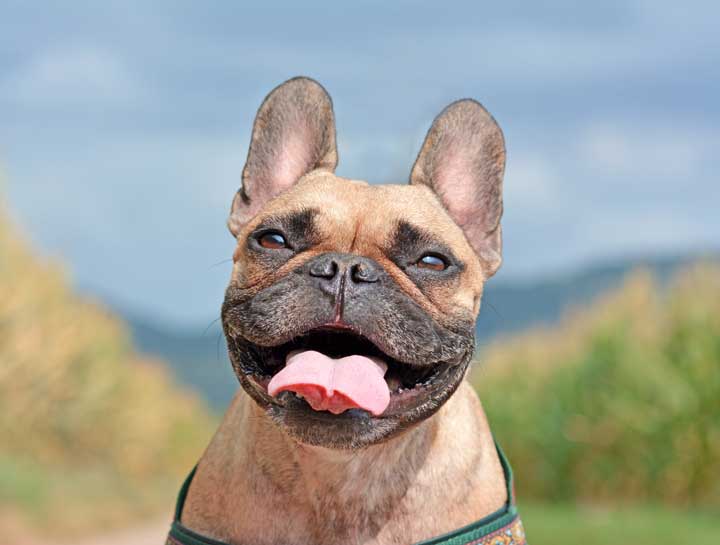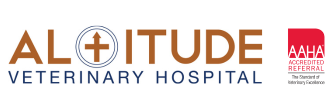Cute Squished Faced Pets (Brachycephalics), A Veterinary Perspective.

Perhaps some of the cutest creatures on earth and runners up for first place on personality are brachycephalic pets. The list is quite long but breeds include French Bulldogs, Boston Terriers, Bulldogs, Bullmastiffs, Pugs, Boxers, Shih Tzu, Pekingese, Cavalier King Charles Spaniel, Japanese Chin, Chow, some Chihuahuas, and even Rottweilers. Persian kitties, Himalayan kitties, and Burmese are also some well-recognized brachycephalic cats. While no one can deny the attraction to these amazing critters, a veterinary professional may see another side, sometimes the heartbreaking truth about these pets and their very serious health problems.
Despite efforts to ban brachycephalic imagery in advertising/marketing and social media in efforts to promote the health and welfare of the animals, these breeds continue to climb in numbers as breeders supply the popular demand. Since most veterinary professionals aren’t out to breed these pets or criticize, we instead roll up our sleeves in efforts to help each pet live the best life he/she possibly can. Let’s talk about some of the health conditions facing these pets and how pet owners can make a positive difference.
Brachycephalic Airway Obstructive Syndrome (BAOS): This is the most common and most important disease limiting and threatening the lives of these breeds. BAOS is a complex condition involving four aspects of the upper airway leading to difficulty breathing:
- Elongated soft palate (Adam’s Apple in people)
- Stenotic or small nares
- Hypoplastic trachea (wimpy trachea, easily collapses)
- Everted laryngeal saccules (two saccules on the back of the throat that get inflamed and enlarged secondary to the first 3 conditions)
These four conditions obstruct airflow causing a vicious cycle where oxygen intake and carbon dioxide output are inefficient. In turn, you see exercise intolerance, increased respiratory rate, noisy labored breathing, head, and neck extension, heat intolerance, purple-tinged gums/tongue (cyanosis), metabolic disturbances, fainting, and sometimes sudden death. That great big happy joker smile is them trying to get a good dose of oxygen. Since these symptoms are common amongst all these breeds owners may not know to seek veterinary guidance unless they’ve seen a crisis. Certain airlines have even banned the travel of these breeds due to their increased travel risks. As these animals age even more secondary changes can occur that compromise their oxygen capacity and quality of life such as COPD (chronic obstructive pulmonary disease) and GERD (Gastroesophageal reflux).
What can we do about BAOS?
Something that can make a big difference is early intervention in soft palate and nares reduction. Using a laser the veterinarian opens up the nostril passages then goes to the soft palate and removes the elongated section. The risks are minimal, the cost is very affordable (about $140 for both of these procedures), and can be combined with other elective procedures such as a dental or a spay/neuter. Since symptoms progress as they age this can be recommended more than once in the pet’s life.
What else can we do besides surgery for their airway?
- Avoid heat and keep them cool (they are VERY prone to heat stroke)
- Keep them lean (makes a big difference on the airway)
- Prescribed sedatives are indicated for certain situations
- Breed only the dogs with more moderate nose lengths rather than the very flat faces
What other diseases can I watch out for in these pets?
- Brachycephalic ocular syndrome (dry eye, folded in eyelids or fur from the nasal folds hurting the cornea, inability to close the eyelids, etc.)
- Malocclusions (misaligned teeth) and dental disease
- Mating and birthing problems
- Skin diseases and nasal fold infections
NOTE: Most of these conditions are very manageable, early detection and intervention of these conditions are rewarding.
We hope that as you read this you’ve come to understand a new perspective on these breeds and if you have one, you have learned ways to make a positive difference in your friend’s life. We’re happy to help you and your furry friend breathe better this summer!
